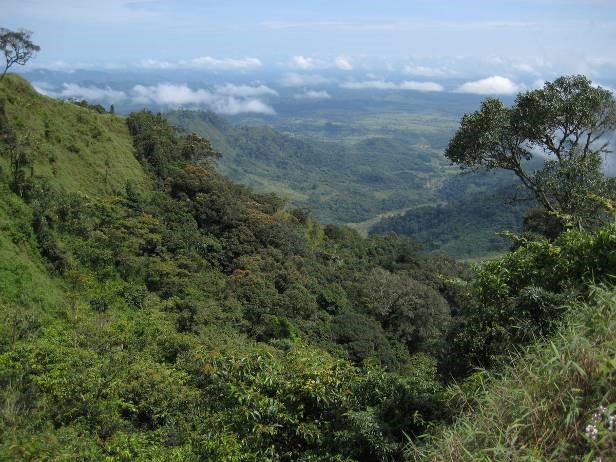The global scientific evidence of the multiple types of benefits that forests, trees and green spaces have on human health has now been assessed by an international and interdisciplinary team of scientists.

The outcome is presented in a major peer-reviewed report titled “Forests and Trees for Human Health: Pathways, Impacts, Challenges and Response Options” by the Global Forest Expert Panels (GFEP) Programme of the International Union of Forest Research Organisations (IUFRO).
The report highlights the important contribution of forests and trees to the United Nations’ 2030 Agenda for Sustainable Development and its goals, particularly Goal 3 (SDG 3), which aims to “ensure healthy lives and promote well-being for all at all ages”.
Contemporary human health challenges differ across the globe. In low- and middle-income countries, health is related to interactions with forests through food, medicinal plants, and clean water as well as infectious diseases, such as malaria and Zika virus. In high-income countries, there is a higher dominance of non-communicable diseases such as heart diseases and diabetes, but also mental disorders.
“Health benefits of forests are particularly important for vulnerable communities in low-income countries, like many countries in Africa, which have limited access to health-related services. Water filtration by forests, for example, helps fight diarrheal diseases among children in communities lacking access to water treatment technology,” says Ranaivo Rasolofoson, Madagascar, researcher at Duke University, North Carolina, USA, and member of the Expert Panel on Forests and Human Health.
Forests and trees provide medicinal plants, which are particularly important to Indigenous Peoples and Local Communities (IPLCs) and provide basic health care for 70% of the world’s population. A recent study revealed that the well-known African Baobab (Adansonia digitata) has multiple medicinal benefits in the treatment of infectious diseases and the bark’s extract has been found to be useful against malaria and fever.
Global crises such as climate change and its extremes, land-use change, urbanisation and biodiversity loss endanger the important role that forests and trees provide as “safety nets” for the food security and livelihoods of vulnerable populations. For example, a study covering rural households in Ethiopia, Malawi, Nigeria, Tanzania and Uganda revealed that the amount, state and composition of forests and their accessibility have a significant influence on the quality and diversity of diets.
Djibril S. Dayamba, Senior Programme Officer with the African Forest Forum (AFF), Nairobi, Kenya, and Expert Panel member, says: “Forest management instruments in Africa, generally, do not integrate the promotion of health benefits from forest and tree resources. Global crises have enhanced the need for consideration of forest and human health relations.
“This report shines a spotlight on the benefits forest and trees can provide to human health and calls on decision-makers in Africa and beyond to integrate these opportunities in the design of forest, health, or biodiversity policies and strategies, especially in places where modern health care facilities are scarce.”
As the acceleration of negative global trends and challenges including climate change and pandemics alters and intensifies the importance of forest-human health relations, urgent action is required. It is therefore crucial to improve the understanding of the role of nature in providing benefits to humans, and consequently, the role that ongoing nature destruction is playing in increasing health threats.
